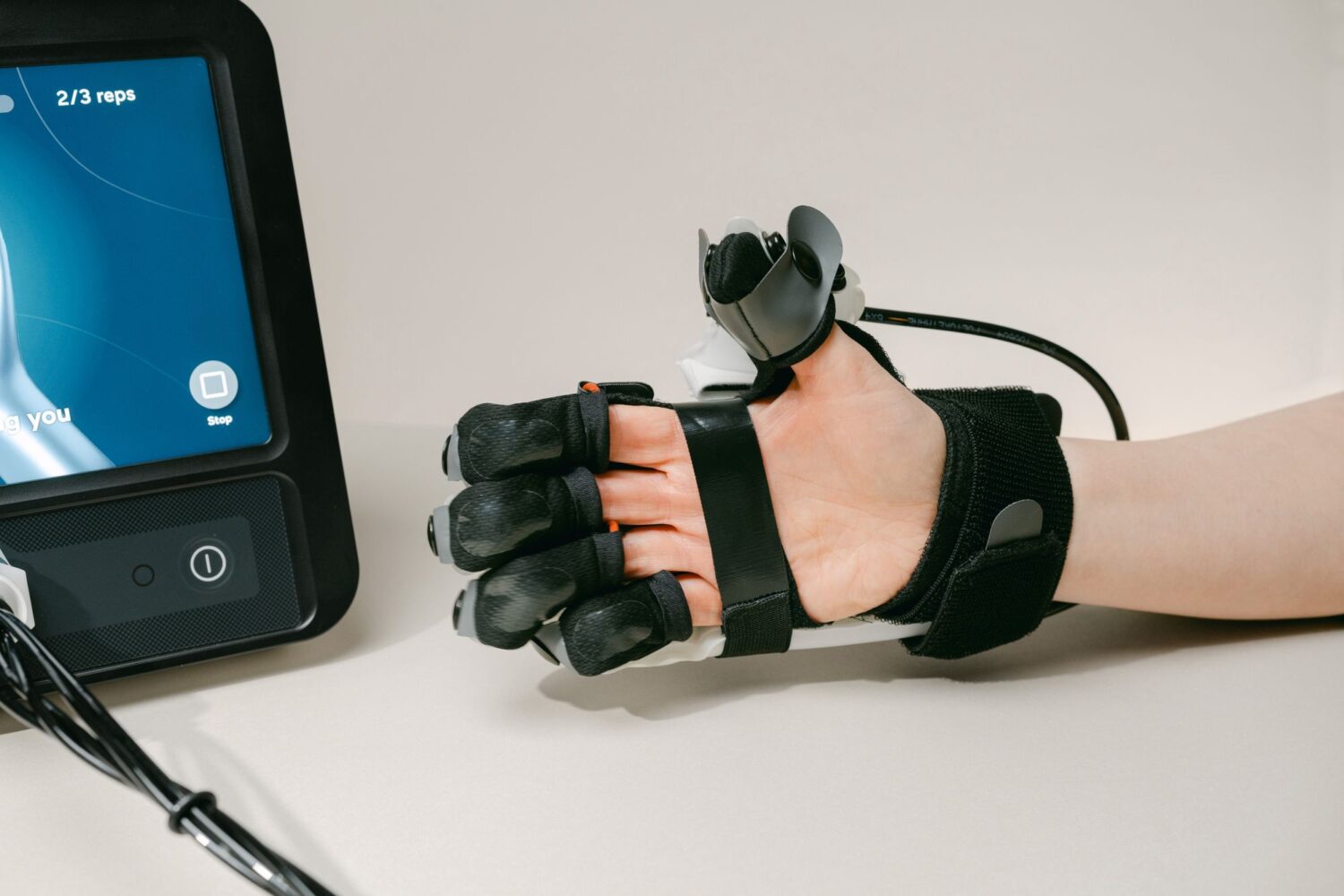
What You Should Know:
– Bioliberty, a medtech startup focused on revolutionizing the delivery of physical and occupational therapy, today announced the official launch of its first product, Lifehub Clinic.
– Lifehub Clinic is presented as an affordable and portable modular solution designed to assist therapists in delivering high-intensity, engaging therapy within clinical settings.
Soft-Robotic Wearables
This new system will serve as a central hub for Bioliberty’s upcoming portfolio of soft-robotic wearables and gamified therapy solutions, all aimed at addressing unmet needs in patient recovery following neurological injury or impairment, such as stroke. Alongside advancing new wearable technologies, Bioliberty plans to extend therapeutic interventions beyond traditional settings and leverage artificial intelligence (AI) to enable more individualized treatment protocols.
Addressing Critical Gaps in Neurological Recovery
The launch of Lifehub Clinic comes at a crucial time for patients recovering from neurological conditions. For instance, up to 80% of stroke survivors experience upper limb impairment early in their recovery, with the majority failing to regain full function after six months. Current therapeutic approaches are often delivered too late or at an insufficient intensity to drive meaningful outcomes. This not only limits patient recovery but also places considerable economic strain on healthcare providers due to longer inpatient stays, reduced patient throughput, and increased staffing pressures.
Initial Focus on Upper Extremity Therapy
Initially, Lifehub Clinic will concentrate on upper extremity therapy, primarily utilizing Bioliberty’s patented soft-robotic wearable, the Lifeglov™. This innovative glove is powered by air and provides controlled assistance to help patients open their hand, with its operation calibrated to each patient’s individual functional ability.
Wearing the Lifeglov™, patients participate in high-dose, repetitive task practice through a series of interactive, game-based exercises. This engaging approach is specifically designed to promote neuroplasticity and help restore movement for individuals with impaired hand use, such as those recovering from a stroke, aiding them in regaining critical limb function.
“In developing Lifehub Clinic, we collaborated closely with leading physical rehabilitation centers to identify solutions to real-world challenges faced by real stroke patients,” said Rowan Armstrong, co-founder and chief executive officer at Bioliberty. “As a result, we’ve developed a clinically robust solution that is intuitive and engaging for users, while addressing the underlying challenges these patients face.”
Lifemind™ Software Suite
Clinicians utilizing Lifehub Clinic will be able to monitor patient progress effectively through the Lifemind™ software suite. This browser-based analytics platform offers powerful insights into therapy frequency, duration, and the overall effectiveness of each patient’s treatment journey. While its current focus is on supporting therapy goal-setting to maximize patient outcomes and optimize provider time, Bioliberty has ambitious plans for Lifemind™. Future iterations will harness AI to streamline clinical workflows, significantly reduce the documentation burden for physical and occupational therapists, and help providers leverage therapy data to support compliant and optimized reimbursement.
Clinical Validation
The Lifehub Clinic system has already shown promise in clinical settings. Amber Walter, PT, DPT, NCS, clinical science director at Sheltering Arms Institute, a nationally ranked physical rehabilitation center in Richmond, Va., shared her experience: “Lifehub Clinic has been a breakthrough for the patients at Sheltering Arms Institute, helping us effectively care for individuals with severe tightness or limited hand mobility. The brain is wired for heightened sensitivity in the hands, making comfort a critical requirement for any assistive device. This product’s comfort, ease-of-use and varying levels of difficulty ensure it can effectively treat patients as they progress through recovery.”
